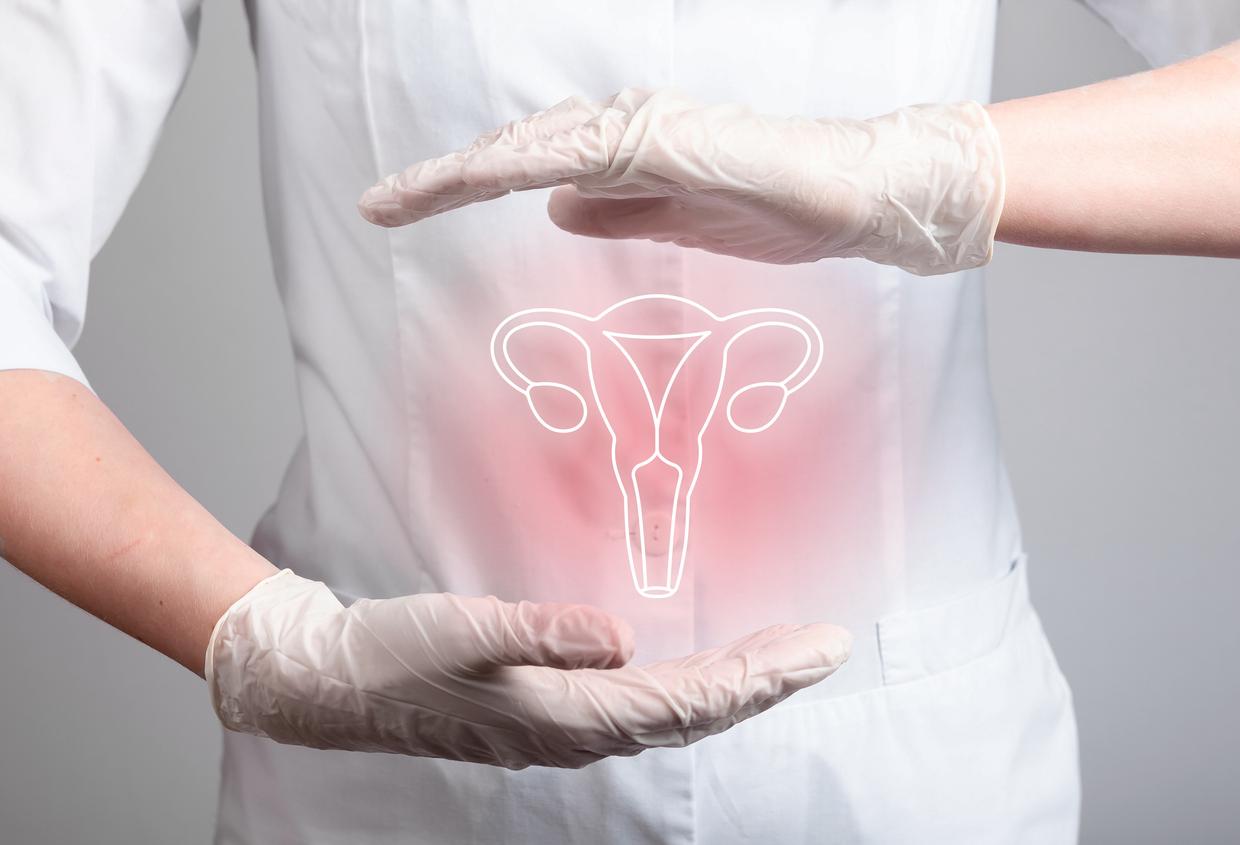The month of September is awareness month for polycystic ovarian syndrome (PCOS), a hormonal disease common among women of childbearing age, notably causing fertility problems.

- PCOS is the leading cause of infertility in women.
- Anti-Müllerian hormone (AMH) is considered to be the mirror of ovarian function.
- “An increased risk of endometrial cancer before menopause must be recognized, although absolute risks remain low.”
Polycystic ovary syndrome (PCOS) is a hormonal condition common in women of childbearing age. It is characterized in particular by menstrual irregularities, excessive production of male hormones (hyperandrogenism) and the formation of cysts in the ovaries. It affects around 10% of them worldwide. However, risk factors, symptoms and associated complications may vary from woman to woman. Some women with this syndrome may have insulin resistance, which increases the risk of developing type 2 diabetes. Additionally, it is also associated with an increased risk of cardiovascular disease.
Improving the management of polycystic ovary syndrome
These recommendations are based on the most recent knowledge and aim to improve the overall management of PCOS. They highlight the importance of a complete assessment and multidisciplinary care, taking into account the reproductive, metabolic, cardiovascular, dermatological, psychological and sleep characteristics of affected women. It is recommended to establish a lifelong reproductive health plan, with emphasis on preconception risk factors, healthy lifestyle, prevention of weight gain and optimization of fertility. Additionally, it is essential to screen and manage metabolic disorders, diabetes, cardiovascular diseases, and sleep disorders in women with PCOS.
Regarding pregnant women with PCOS, it is recommended to identify and monitor them closely, due to the increased risk of complications. Finally, the recommendations highlight the importance of considering psychological aspects related to PCOS, such as eating disorders and the impact on body image and quality of life. Healthcare professionals are encouraged to raise awareness and educate women with PCOS as well as use high-quality, evidence-based resources to inform them about the condition and its management.
Recent research on the epigenetics of PCOS
In addition to the new recommendations, these studies highlighted the role of epigenetics in the transmission of polycystic ovary syndrome from mother to daughter. Epigenetics refers to chemical modifications that affect the activity of genes without altering their DNA sequence. Researchers used mouse models to study epigenetic markers associated with PCOS. They identified specific epigenetic differences in the DNA of ovarian and brain cells from mice with PCOS, suggesting that these epigenetic changes could play a role in the development of the disease. These findings open new perspectives for the early diagnosis and treatment of PCOS, and the development of new targeted therapies.

















